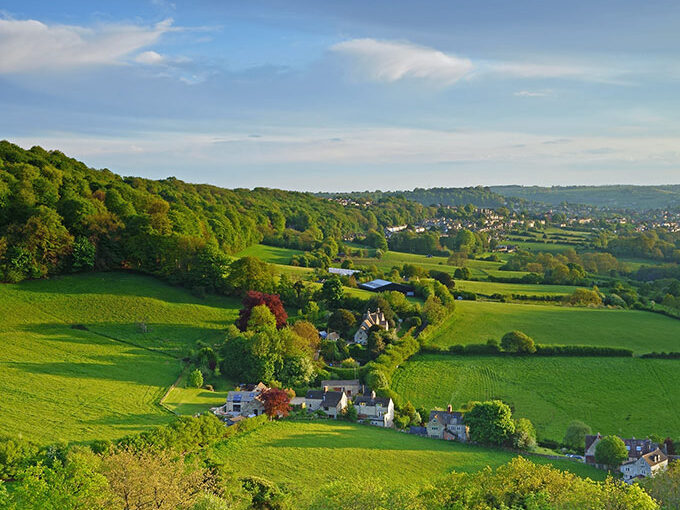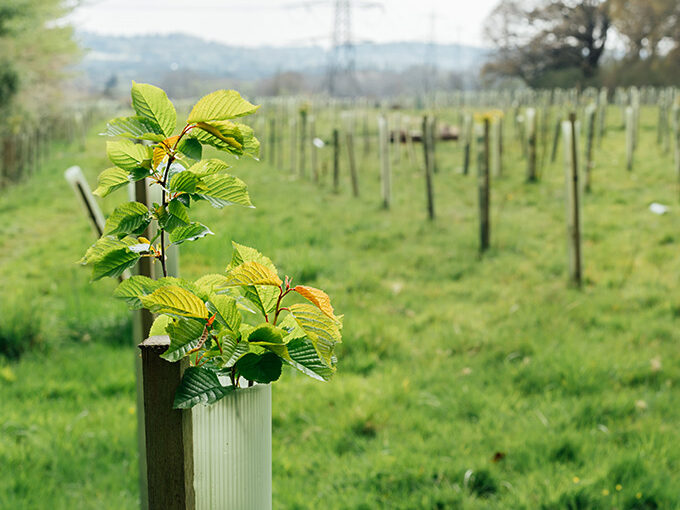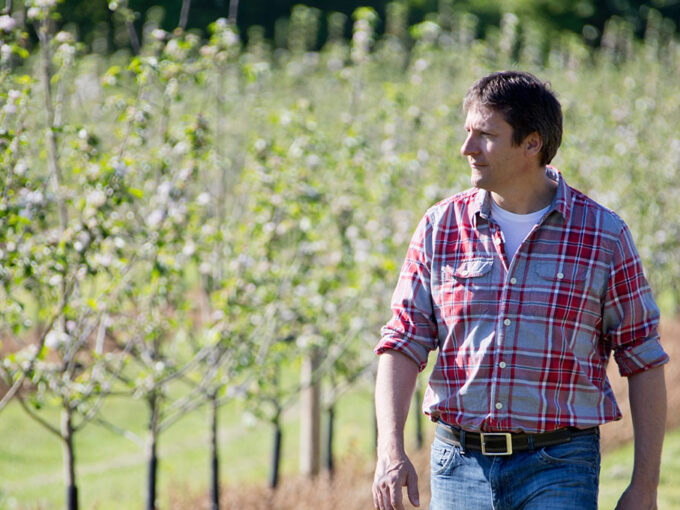Landowners and farmers beware the tax complexities surrounding BNG schemes

Updated guidance regarding biodiversity net gain (BNG) was recently launched in England, providing further clarity for developers, as well as opportunities for farmers and landowners.
The system is complex but requires developers to make a BNG of at least 10% within the red line of their development site, on other land that they own, or through buying BNG units from third parties.
The principle of BNG is to ensure that natural habitats are either created or improved as part of development, and that future development has a positive impact on biodiversity. The damage caused by development must be offset by the improvements in biodiversity made by the developer, with an overall 10% gain.
Subject to some exemptions, BNG will become mandatory in England under the Environment Act 2021 from 12 February 2024 (for most major developments), and from April 2024 for small development sites.
It was confirmed recently that developers can now discharge their BNG obligations as a condition, after planning permission has been granted and before development works start, and that 10% of the required BNG must be sourced onsite prior to seeking gains elsewhere.
Landowners can register land for BNG units with Natural England after entering into a legal agreement with the local planning authority, for example. The legal agreement must secure habitat enhancement and maintenance for a minimum period of 30 years.
Whilst there is now considerable information available regarding calculation of BNG units, a statutory biodiversity metric tool and guidance to developers on attaining the necessary 10% biodiversity uplift, the tax implications arising from BNG projects are complex.
Martyn Dobinson, Partner, and a member of our Land and Rural Practice Group, says:
“The tax position around the trading of BNG units, and the related issues, is a very complex area. There are a number of different legal structures which are being developed to deal with the creation and sale of BNG units, either directly from a landowner or via an intermediary entity. In order to understand the tax implications of these transactions for all involved, the legal structure must be analysed in detail. There are often times where a simple amendment to an agreement can significantly improve a landowners’ tax position, so careful review is required.
“There is also much confusion about how BNG should be accounted for, the answer here again will be largely driven by the legalities. One thing that is common with most deals is they involve upfront cash receipts and careful accounting and cashflow management is required to manage this given the 30-year commitments that are being entered into. It’s expected that the sale of BNG units will be a supply for VAT purposes, but this is yet to be confirmed and therefore it’s important to take advice in this area if entering into a transaction to buy or sell units. This is still a juvenile early marketplace and the impact on land values and what happens when the 30-year agreement period comes to an end are not entirely understood.
“It was acknowledged in the Autumn Statement that a further update on the consultation around the taxation of environmental land management and ecosystem service markets was now expected in Spring 2024. One of the main questions to be answered by this consultation was the availability of APR for land that is put into BNG type schemes. There are things that can be done to help protect the position for these reliefs but until we have further guidance, we are awaiting clarity. With the prospect of entering into a 30-year agreement, thoughts will clearly turn to lifetime gifting of land with the potential to provide BNG credits, prior to entering into such agreements. But the implications for IHT need careful consideration.
“For any landowner or farmer wishing to open up this potential new income stream it is important, as ever, to take early tax and legal advice to ensure that the risks are fully understood, and the tax position is optimised as far as possible. There are also wider commercial risks which need to be understood and whilst a BNG scheme will prove to be a very good option for some it will not necessarily be the right choice for others.”
For any further information on BNG schemes, please contact Martyn Dobinson.
Contact Us
Partner, Manchester
Key experience










